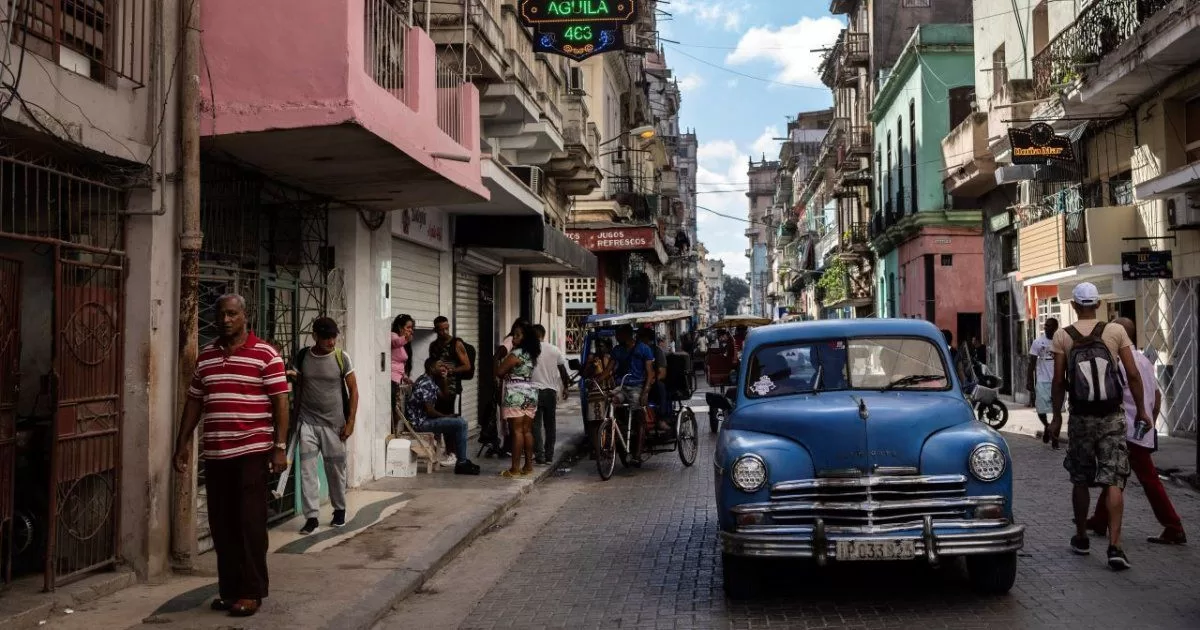HAVANA.- At a crucial moment for migration policy, the Parliament of Cuba approved this Friday a new and controversial Migration Lawwhich introduces significant changes that affect both Cubans living abroad and those planning to emigrate.
The legislation, which replaces the previous legislation from 1976, which had been updated in 2012, was proposed during the ordinary plenary session of the Cuban Parliament, by the first colonel Mario Mendez MayedoHead of Identification, Immigration and Foreigners of the Ministry of the Interior.
The update comes amid the worst economic crisis in decades and a strong wave of Cuban migration, mainly to the United States, in search of better economic conditions. From October 2022 to June 2023, U.S. border authorities reported having encountered more than 600,000 Cuban citizens, according to Martí Noticias.
Here we present the keys to understanding this important reform:
1. Elimination of the 24-month limit
One of the most significant changes in the new law is the elimination of the 24-month limit for Cubans residing abroad to lose their property and political rights on the island. Previously, Cubans who spent more than two years outside the country lost their property and other rights. Now, they will be able to keep their assets in Cuba regardless of the time they remain outside the country.
2. Demographic and migratory context
The parliamentary session revealed that, due to the migration process and a sustained drop in the birth rate, there are fewer than 10 million Cubans living on the island, the lowest figure since the mid-1980s. Juan Carlos Alfonso Fraga, deputy head of the National Office of Statistics and Information (ONEI), indicated that as of December 31, 2023, the effective population on the island was 10.05 million people. In addition, births for this year will be below 80,000, the lowest figure since 1959, contributing to the decline and aging of the population.
3. Effective Residence
The new legislation introduces the concept of Effective Residence, which allows Cubans who do not meet the required time of stay in the country to apply for this residence if they can demonstrate their roots and interest in residing in Cuba. To obtain Effective Residence, applicants must combine a period of stay in the national territory with other evidence that demonstrates their intention to reside on the island.
4. New immigration figures and rules
The law also establishes various immigration regulations and rules, such as specific procedures for investors. These new provisions seek to facilitate the flow of people and capital, fostering a more favorable environment for foreign investment and the return of Cuban emigrants.
5. State control
Despite the reforms, the new law maintains the power of the State to regulate the entry and exit of its citizens from the country. This mainly affects the “regulated” citizens, who the authorities can prevent from leaving or returning to the island for reasons of national security. This group includes scientists, military personnel, and people with sensitive information, but opposition activists claim that it is also used for political purposes against dissidents.
The approval of the new Migration Law has generated diverse reactions both inside and outside Cuba. While some see these reforms as a necessary opening and modernization, others criticize the persistence of state control over migration. The next few weeks and months will be crucial to assess the real impact of these measures and how they will be implemented in practice.
Source: With information from Martí Noticias and AP

